Diligent Sunday Newsletter / Issue #16 about Ikigai
Discover the Japanese concept of Ikigai and learn how to find your life's purpose through this in-depth article on aligning inner values, passions, and skills for a fulfilling life.
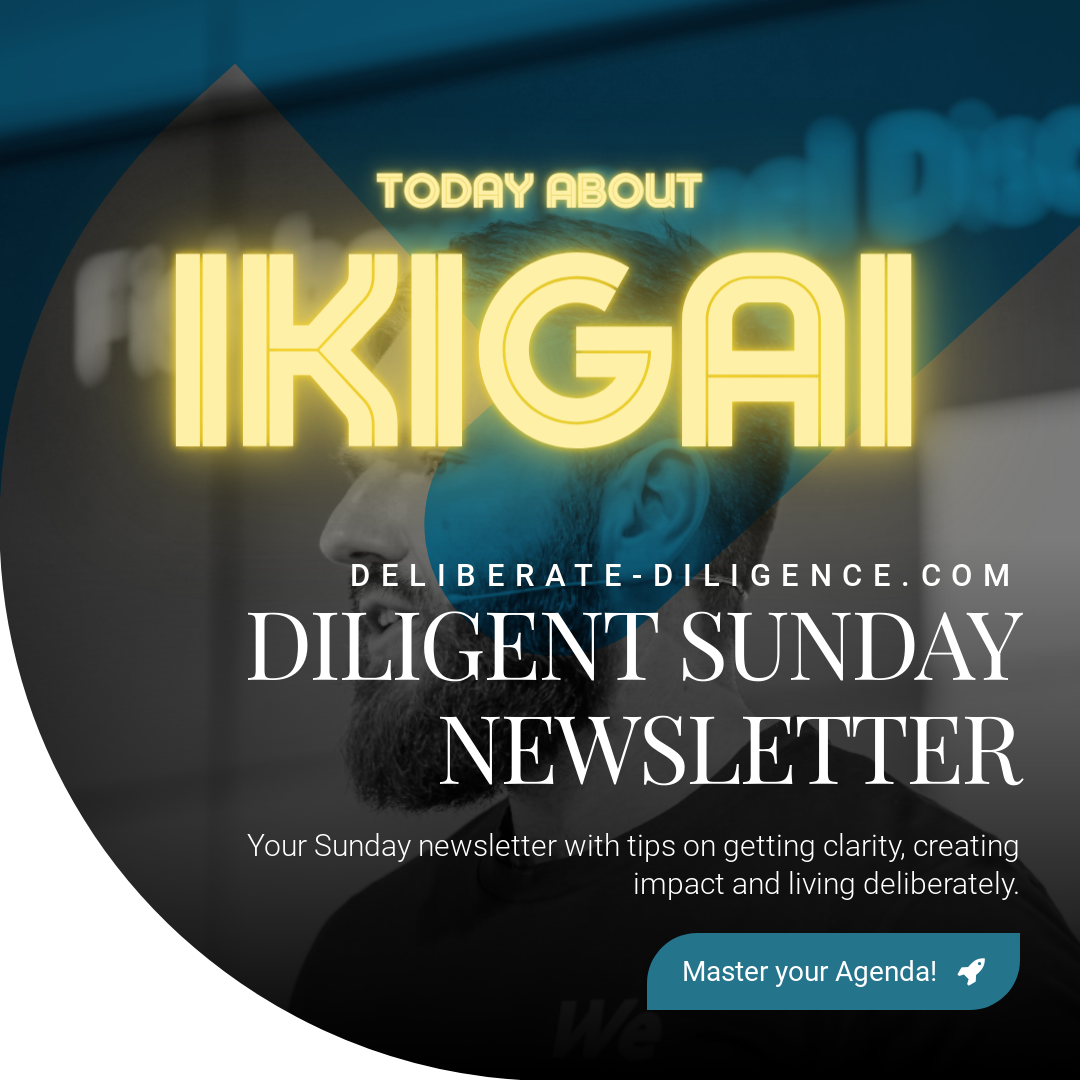
Introduction
Dear Diligent Sunday Readers,
Another week has passed - to be exact, as I write this newsletter, 34.6% of the year has gone by, and we have crossed the third-year mark this week.
As mentioned in last Sunday's issue, I had a fascinating and enlightening week while doing a coffee detox.
Let me tell you—It wasn't a walk in the park. I usually drink between 8-12 cups of coffee daily, and perhaps I should not have gone cold turkey last Saturday. The process went something like this:
Downward phase:
- Saturday morning: last coffee
- Sunday morning: I feel weird, but I can at least finish writing the Diligent Sunday. I clicked on published with the last bit of concentration strength.
- Sunday afternoon: My condition gets worse hour by hour. It started with difficulty concentrating, which led to increasingly severe headaches. It felt like the worst hangover I ever had in the evening, and nausea added to it. I only managed to fall asleep with great difficulty and medication.
- Monday-Tuesday: The harsh withdrawal symptoms disappeared, but I had significant concentration weaknesses and word-finding problems.
Upward phase:
- I began feeling some benefits from Wednesday, such as a particularly restful sleep and a more balanced energy level. I was on a business trip with a speech at a conference, and usually, I would have been very stressed and exhausted in the evening (perhaps due to dehydration from the coffee or just the caffeine). But what happened was that I felt performant and focused until late in the evening.
- I felt more tired/listless from Thursday to Saturday, but still more balanced than usual.
- Today, on Sunday, I feel top of my game.
The overall benefits seem to be the following, as far as I can tell already:
- My resting and exercise/walking heart rates are about 10-15 beats lower than usual. This means that my cardiovascular system seems to be somewhat relieved.
- Other advantages include not having to go to the bathroom so often, and I feel my skin is less red in the afternoons than usual.
- What I hope will happen, but I cannot confirm yet, is that my sleep requirement will be reduced by 30-45 minutes due to the increased sleep quality. My primary goal would be to extend the day by 30-45 minutes.
In the past week, I was often asked about my further game plan: I intend to abstain from coffee for another three weeks altogether, and then I will allow myself to consume caffeine again - but at the max level of 2-4 cups per day.
I also learned about two alternatives to coffee in the comments of my social media posts about my detox experiences: Yerba Mate and Mushroom Coffee. I ordered both to try them out as an introduction in three weeks. I also want to try green and black tea before returning to coffee.
Deliberate Diligence Principle: Align with Inner Values
Topic: Ikigai
However, today's topic is not coffee detox; I want to share my latest learnings with you. One of the Deliberate Diligence Lifestyle Principles is "Align with Inner Values," and this week, I researched methods that can help with that. Once again, I stumbled upon Ikigai - something I had heard of before but never delved into.
If I educate myself on this, I can share the results directly with you as part of today's Diligent Sunday issue.
I hope you will find inspiration in it!
I wish you a fantastic start to the week.
— Martin from Deliberate Diligence.com
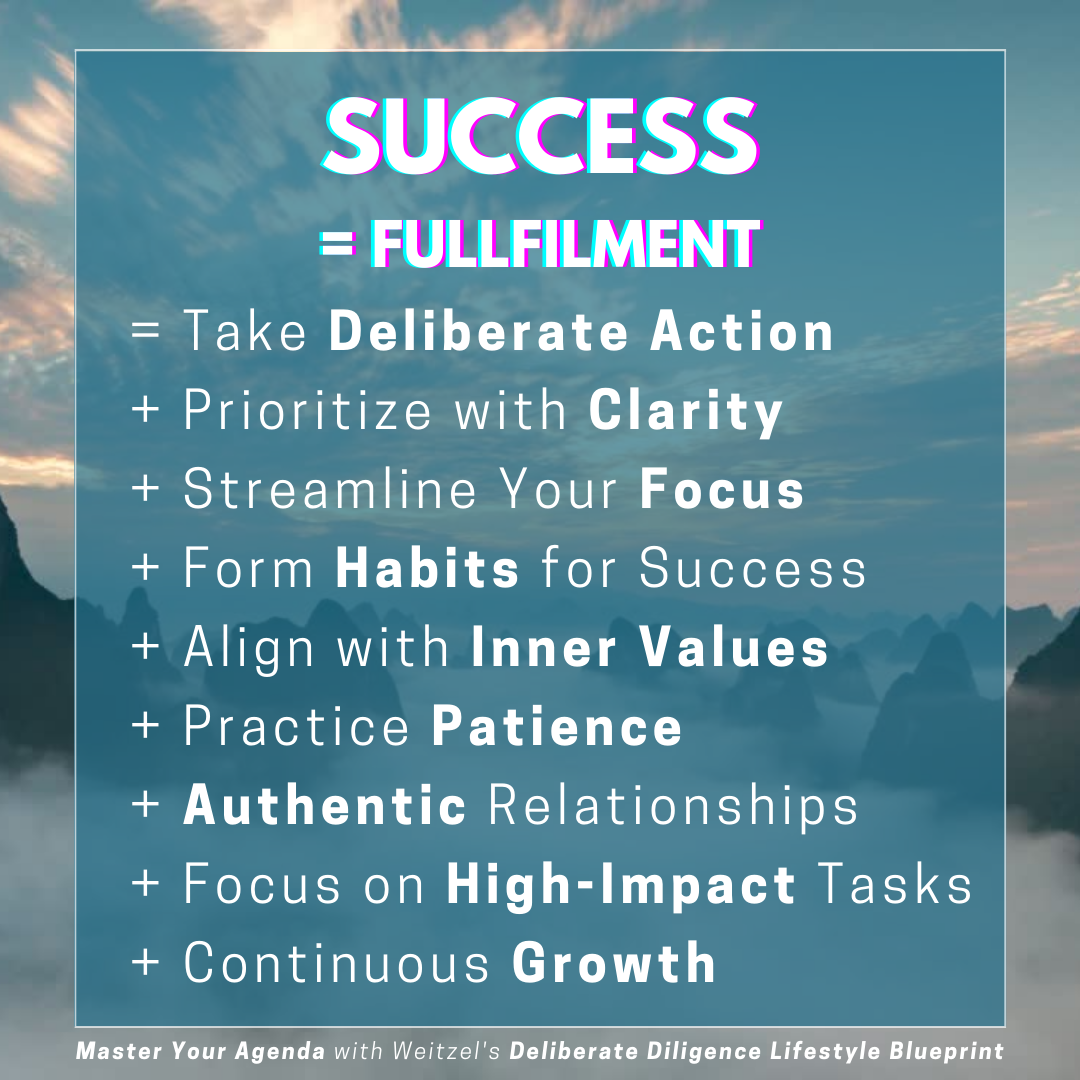
Today at a Glance:
- Introduction to Ikigai
- The Four Elements of Ikigai
- Why Ikigai Matters
- How to Find Your Ikigai
- Real-Life Examples of Ikigai
- Incorporating Ikigai into Your Daily Life
Discovering Your Ikigai: The Path to a Fulfilling Life
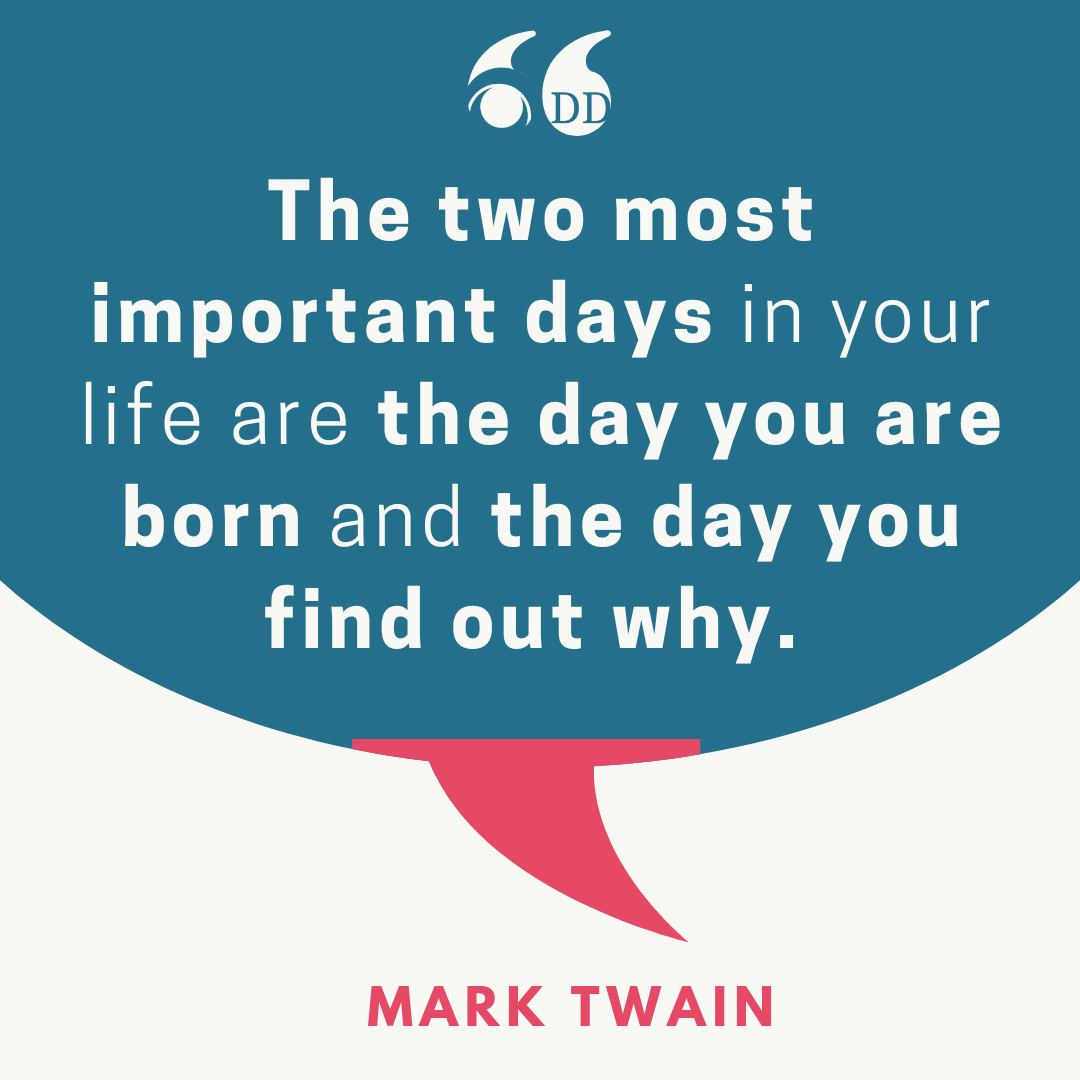
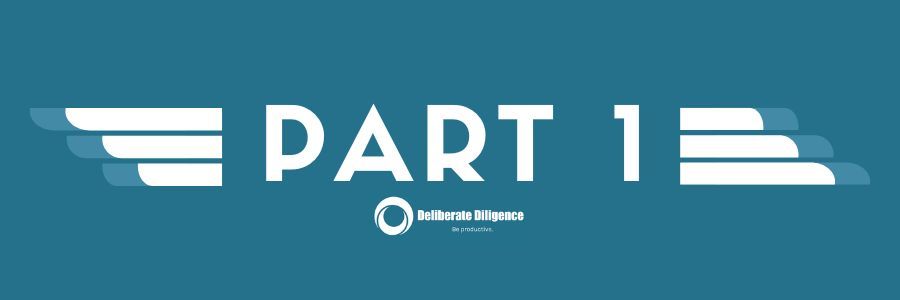
1️⃣ Introduction to Ikigai
Definition and origin
Ikigai (生き甲斐) is a Japanese concept that combines the words "iki" (life) and "gai" (value or worth). It represents the idea of finding a purpose in life that brings happiness and fulfilment. Originating from Okinawa, Japan, the concept of Ikigai has been credited as one of the reasons behind the longevity and well-being of its inhabitants. The people of Okinawa are known for their high life expectancy, and many believe that pursuing Ikigai contributes to their overall health and happiness.
Importance of Ikigai in Japanese Culture
In Japanese culture, Ikigai is essential to a person's life. It is believed that discovering one's Ikigai leads to a more fulfilling life and is a critical component of overall well-being. The concept encourages individuals to balance their passions, skills, values, and needs, ultimately leading to a more satisfying and purposeful existence.
"Real success is finding your lifework in the work that you love."
– David McCullough

2️⃣ The Four Elements of Ikigai
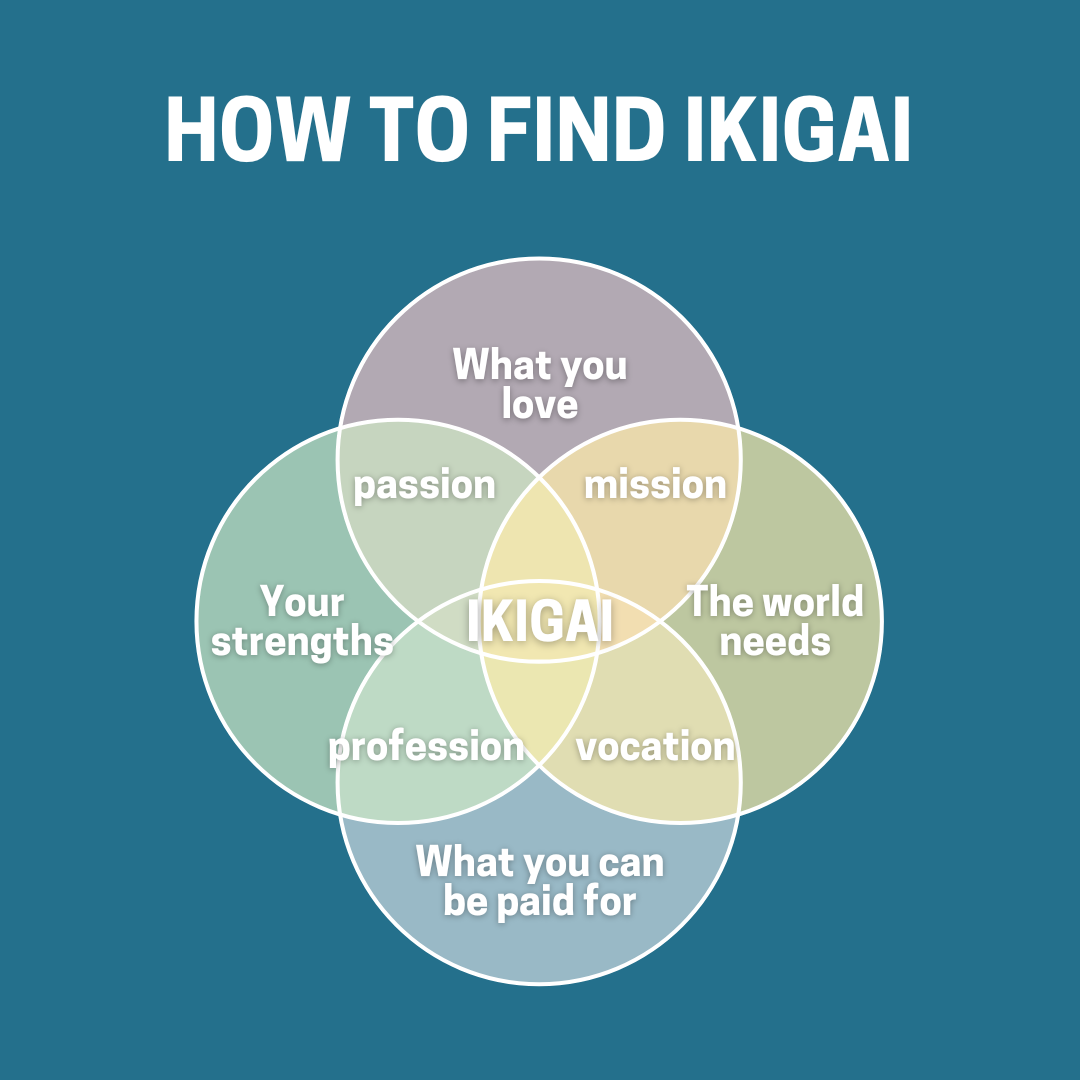
What you love
The first element of Ikigai is identifying what you genuinely enjoy doing. This can include hobbies, interests, or activities that make you feel alive, content, and fulfilled. Exploring different activities and interests is essential to determine what resonates with you and brings you joy.
What you are good at
The second element is discovering your talents, strengths, and abilities. Recognising what you excel at and incorporating these skills into your daily life can contribute to your sense of purpose and self-worth. This process may involve taking courses, seeking feedback from others, or engaging in self-assessment exercises to understand your skills and strengths better.
What the world needs
The third element involves considering how your passions and abilities can benefit others or the world at large. This can include addressing social or environmental issues, helping others achieve their goals, or positively impacting those around you. Reflect on the needs of your community, the environment, or global issues to identify areas where your skills and passions can make a difference.
What you can be paid for
The final element is to find a way to earn a living from your passions and skills. This may require creativity and resourcefulness, but it is essential to achieving a balanced and fulfilling life. Consider how you can monetise your passions or seek professional opportunities to apply your skills.
"The privilege of a lifetime is being who you are."
– Joseph Campbell

3️⃣ Why Ikigai Matters

The connection between Ikigai and Well-being
Numerous studies have shown that individuals with a strong sense of purpose and meaning tend to experience greater overall well-being, happiness, and longevity. Embracing your Ikigai can have a profound impact on your mental and emotional health, as well as your overall quality of life. It can reduce stress, increase motivation, and a stronger sense of fulfilment and satisfaction.
Ikigai as a tool for personal growth and fulfilment
Focusing on your Ikigai can achieve deeper fulfilment, self-awareness, and personal growth. This journey of self-discovery can help you better understand your strengths, passions, and values, ultimately leading to a more meaningful and satisfying life. It encourages us to continually learn, grow, and evolve, fostering a sense of fulfilment and satisfaction in our lives.
The Role of Ikigai in achieving work-life Balance
Incorporating your Ikigai into your professional life can help you find a better balance between work and personal fulfilment. You can achieve greater satisfaction while maintaining a healthy work-life balance by aligning your career with your passions, skills, and values. This balance can lead to increased productivity, reduced burnout, and overall happiness in your professional and personal life.
"Your Ikigai is at the intersection of what you are good at and what you love doing."
– Héctor García

4️⃣ How to Find Your Ikigai
Self-reflection and introspection
The journey towards discovering your Ikigai begins with self-reflection and introspection. Take time to evaluate your passions, strengths, values, and aspirations. Consider what aspects of your life bring you the most joy and how you can align your daily activities with your Ikigai. This process may involve journaling, meditation, or simply spending time in quiet reflection to gain insight into your true passions and purpose.
Identifying your passions, skills, and values
List your passions, skills, and values, and consider their intersections. Look for common themes or patterns that can help you identify your Ikigai. This list can serve as a foundation for further exploration and reflection, guiding you towards a clearer understanding of your purpose in life.
Aligning your life with your Ikigai
Once you have identified your Ikigai, incorporate it into your daily life. This may involve changing your career, hobbies, or relationships to better align with your purpose and passions. Be prepared to adjust and face challenges as you work towards living a life more closely aligned with your Ikigai.
Overcoming Challenges and embracing change
Embracing your Ikigai may require you to face obstacles and make difficult decisions. Stay resilient and be open to change as you work towards living a more fulfilling and purposeful life. Remember that the journey towards discovering and living your Ikigai is an ongoing process, and it is essential to remain adaptable and open to new experiences.
"To find your Ikigai, you need to look deep within yourself and connect with your true passions, desires, and values."
– Ken Mogi

5️⃣ Real-Life Examples of Ikigai
Stories of people who have found their Ikigai
There are countless inspiring stories of individuals who have discovered their Ikigai and transformed their lives. These stories testify to the power of pursuing one's passions and purpose. Examples include entrepreneurs who have built businesses around their passions, artists who have dedicated their lives to their craft, and activists who have made a difference in the world through their dedication to a cause.
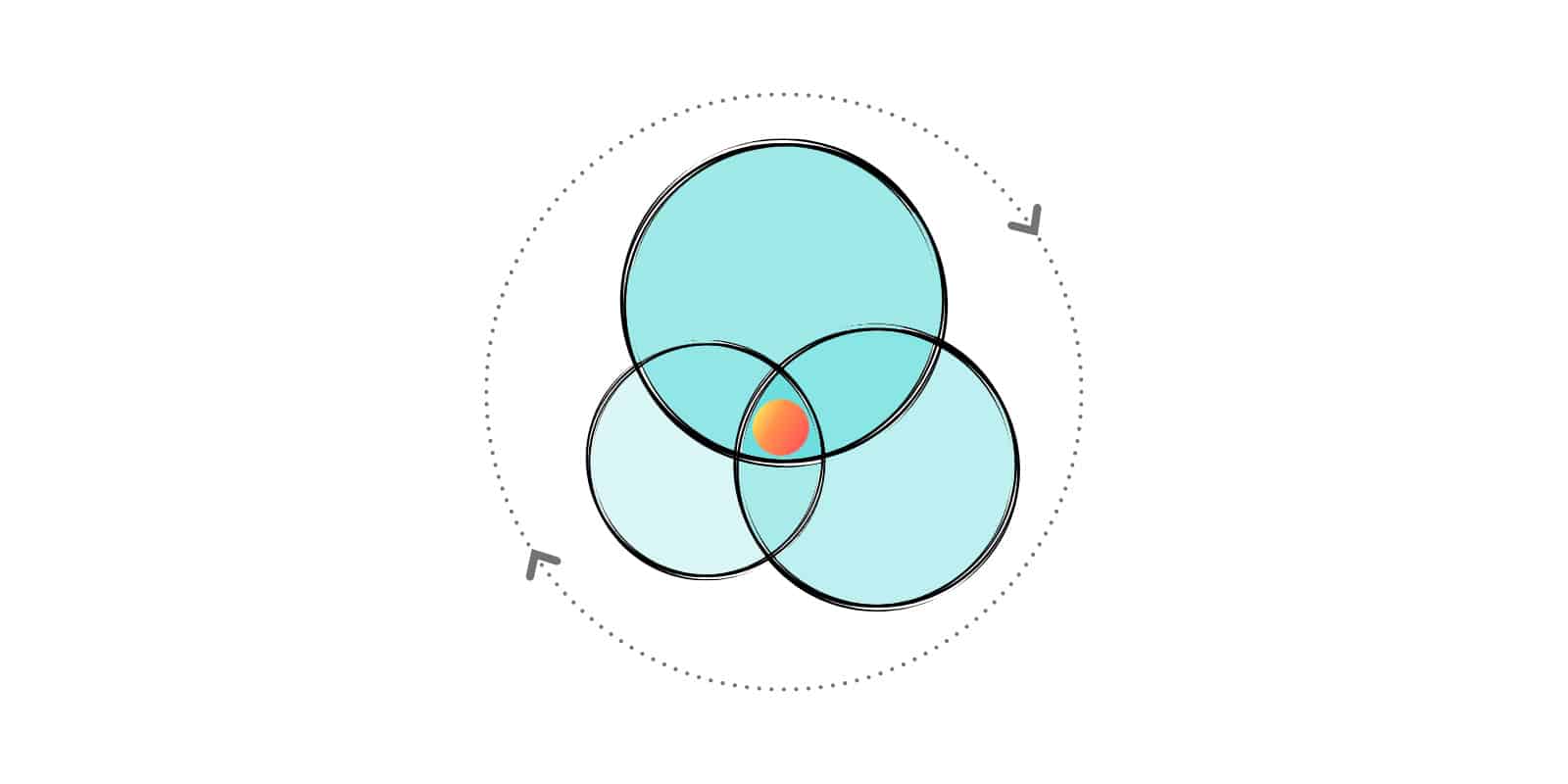
By examining the experiences of those who have found their Ikigai, we can learn valuable lessons about perseverance, self-discovery, and the importance of living a purpose-driven life. These stories can inspire and motivate our journey towards discovering and embracing our Ikigai.
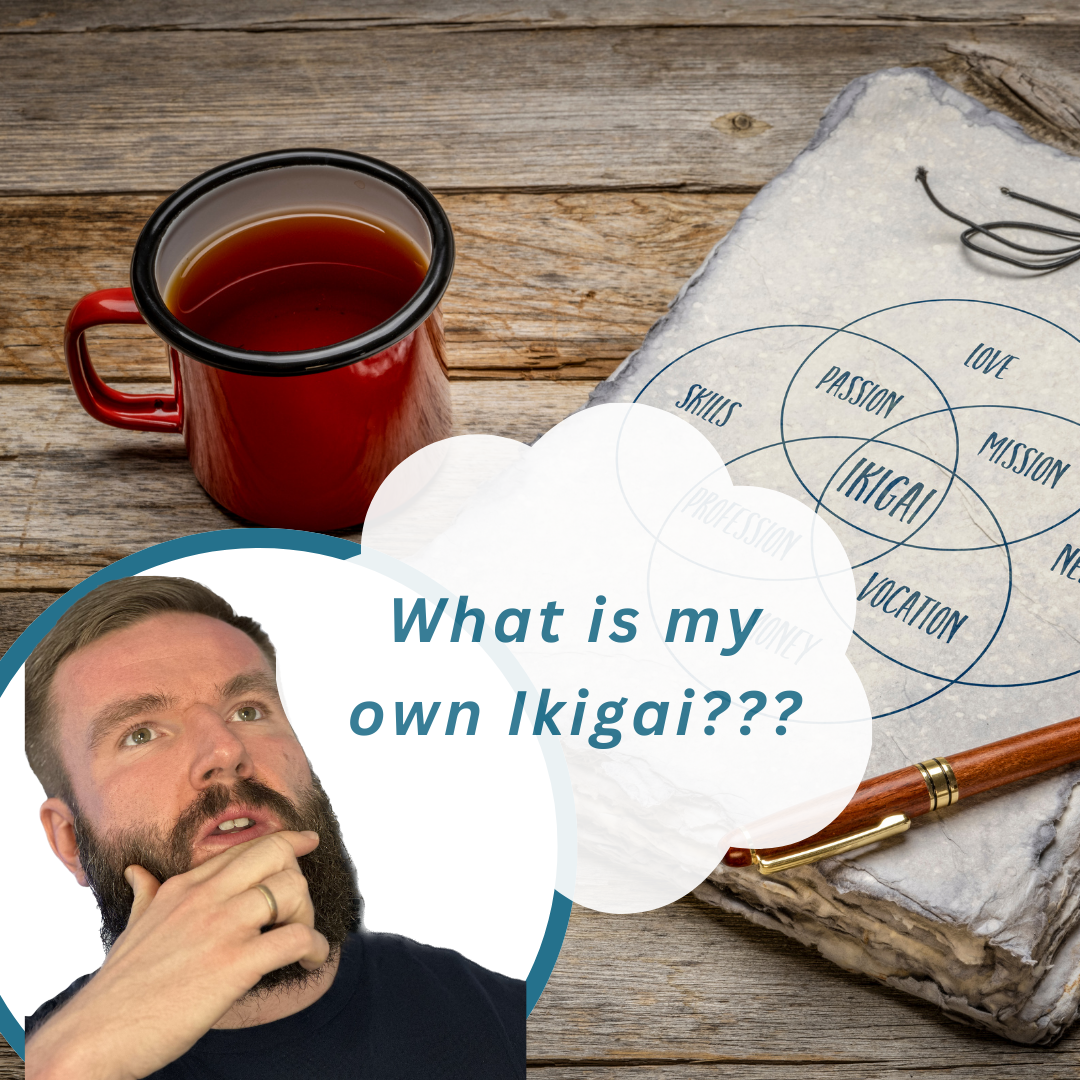
How I find my Ikigai
I am currently on the path to finding my Ikigai. The starting point was an intrinsic dissatisfaction with my overall situation and progress last September. I felt like I was on a plateau. As a measure, instead of conceptualising what I could do, I followed my flow and started this blog and my social media presence with the idea of beginning content creation as a side hustle.
However, I increasingly realise that the direction is roughly correct, but I have not fully grasped parts of my Ikigai yet.
Here are my spontaneous thoughts on how I interpret Ikigai myself:
- What you love: I have no idea. I like writing. I like being self-sufficient. I enjoy solving problems. Actually, there isn't anything I love – everything feels like work. I might love exploring things and being on my own.
- What you are good at: I am an excellent information processor and translator, e.g., from technicians to managers. People enjoy listening to my reflections and ideas. I am diligent and rigorous in achieving goals without causing harm to others. I am empathetic and cognitively firm, both logically and emotionally.
- What the world needs: This is my major Achilles heel. In my main job as an innovation manager, I sometimes feel like I am not achieving any real effects despite much work. My information mentioned above processing skills will soon become obsolete or a commodity due to AI. And in my content creation side hustle, does the world need the 10,001st productivity/self-improvement guru? Hasn't everything possible for a good life already been said by Marcus Aurelius or even the Greeks? For example, I am unsure if anyone needs what I write or speak in a video course.
- What you can be paid for: Well, the same as above. I am not worried about my main job, but there is a typical corporate salary ceiling. With my content creation side hustle and Deliberate-Diligence.com, the challenge is that I write about what I like and what helps others. And then create reasonable offers that someone actually buys. This means the problem must be big and important enough.
I believe I will develop the topic for myself further through a series of braindumps and diary entries, building on the questions I started to develop here. I can imagine that this will help me identify and combine passion, mission, profession, and vocation.
In the end, it's not the years in your life that count. It's the life in your years."
– Abraham Lincoln

6️⃣ Incorporating Ikigai into Your Daily Life
Simple practices to cultivate your Ikigai
Incorporate daily practices that nurture your Ikigai, such as journaling, meditating, or engaging in activities that align with your passions and values. These practices can help you stay connected to your Ikigai, maintain focus on your goals, and foster a sense of fulfilment and purpose in your daily life.
Building a supportive environment
Surround yourself with people who share your values and support your journey towards embracing your Ikigai. A supportive community can make all the difference in your quest for a more fulfilling life. This may involve joining clubs, attending events, or nurturing relationships with like-minded individuals who share your passions and goals.
Embracing the journey towards your Ikigai
Discovering and embracing your Ikigai is a lifelong journey. Stay committed to personal growth and self-discovery, and be open to change and new experiences along the way. Remember that finding your Ikigai is not a destination but rather a continuous process of growth, exploration, and self-improvement.
The path to a happier, more fulfilling life
Identifying and incorporating your Ikigai into your daily life can unlock the door to a happier, more fulfilling existence. Embrace the journey and let your Ikigai guide you towards a life filled with purpose, passion, and joy.
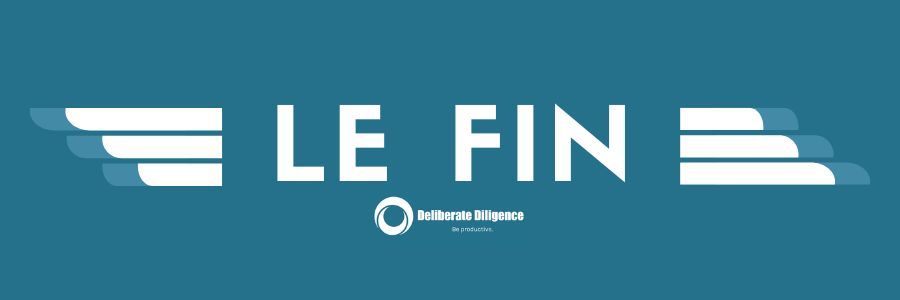
Wishing you a purposeful and inspiring start to the 19th week of the year!
Feel free to add tips and thoughts to this page's comment section, Twitter or LinkedIn!
Best regards,
-- Martin from Deliberate-Diligence.com
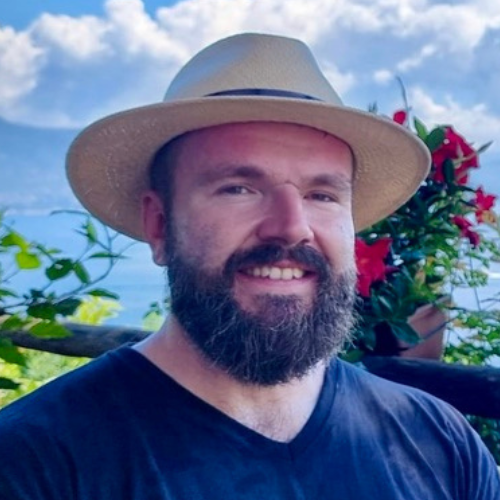
Discussion